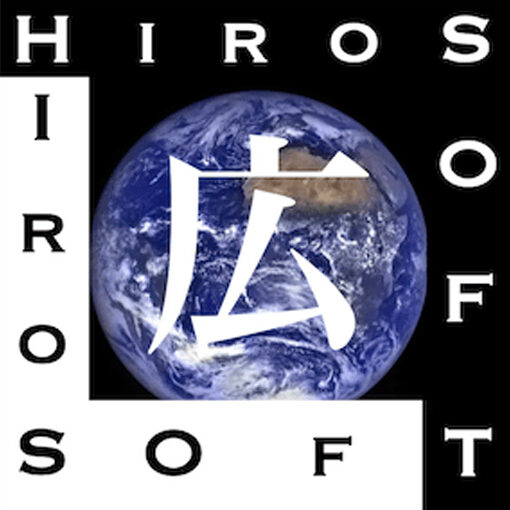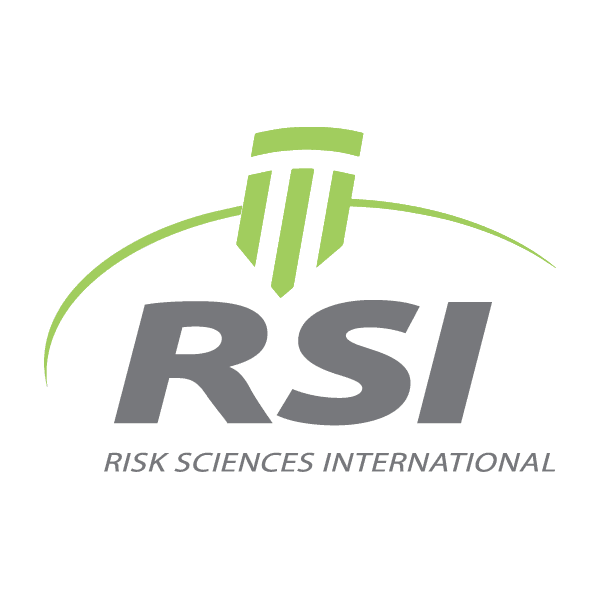The de-facto standard software application for modeling radiation health effects
The Epicure statistical software suite can be used for a wide variety of medical, public health, epidemiological, economic, environmental, and reliability data.
Why Epicure?
Used around the world
- Scientists from around the world generate results for publication using Epicure.
- Click here to see the ever-growing list of citations from Google Scholar.
Flexible models
- Epicure easily allows models that are often difficult to parameterize.
Support
- The Epicure team is small and here to help you. Learn tips and tricks and ask questions on their support page.
A quick video introducing both Epicure and the experts behind it.
A brief description of Epicure
Epicure, initially a suite of 16-bit software packages for flexible statistical modeling of epidemiological data was introduced in the 1980s. The development of Epicure was initially motivated by:
- The recognition that models focused on the excess relative risk (i.e. the RR-1) were more suitable for describing dose response and effect modification than the loglinear Cox-regression proportional hazards model.
- The need for explicitly modeling excess rates (rate differences) as a function of an exposure. Exposures may be time-dependent (for example cigarette smoking or occupational exposures to radiation).
- The need for better tools for creating detailed person-year (rate) tables.
The methods are particularly useful for dose-response modeling and investigating joint effects of and interactions between multiple risk factors. Epicure has proved to be the standard for modeling radiation health effects. It is also used for a wide variety of medical, public health, epidemiological, economic, environmental, and reliability data. Epicure has been cited more than 1,000 times in research papers
Epicure consists of the following four modules:
- AMFIT – Poisson regression for rates or counts
- PEANUTS – Semi-parametric modeling (often called Cox regression) for individual survival data
- GMBO/PECAN – Binomial regression for risks/odds or risk/odds ratios using either unconditional (e.g., unmatched case control data)or conditional (e.g., match case control data) methods.
- DATAB – Creation of stratified rate (typically person year) or risk tables, including time stratification on time and time-dependent variables.


